Maker Board Monday: Rock Pi 4C Specs and More
There's a slew of single-board computers (SBCs) ranging from the massively popular Raspberry Pi to the cult classic Odroid XU4 and the powerful artificial intelligence (AI) capable Nvidia Jetson Nano. Despite its dominance, there are plenty of Raspberry Pi 4 competitors. And the Rock Pi 4 is an excellent Raspberry Pi alternative. Learn all about the Rock Pi 4C, from specs to compatible operating systems, and more!
Read more about boards like the Rock Pi 4C in our Electromaker Board Guide!
What is the Rock Pi 4?
The Rock Pi 4 is a maker board that comes in an ultra-small-form-factor (USFF). The credit card-sized SBC boasts a powerful hexa-core ARM Cortex RK3399 system-on-a-chip (SoC). It's paired with LPDDR4 RAM for excellent multitasking capabilities. There's a microSD card slot for installing an operating system (OS), and an eMMC module port for high-performance storage.
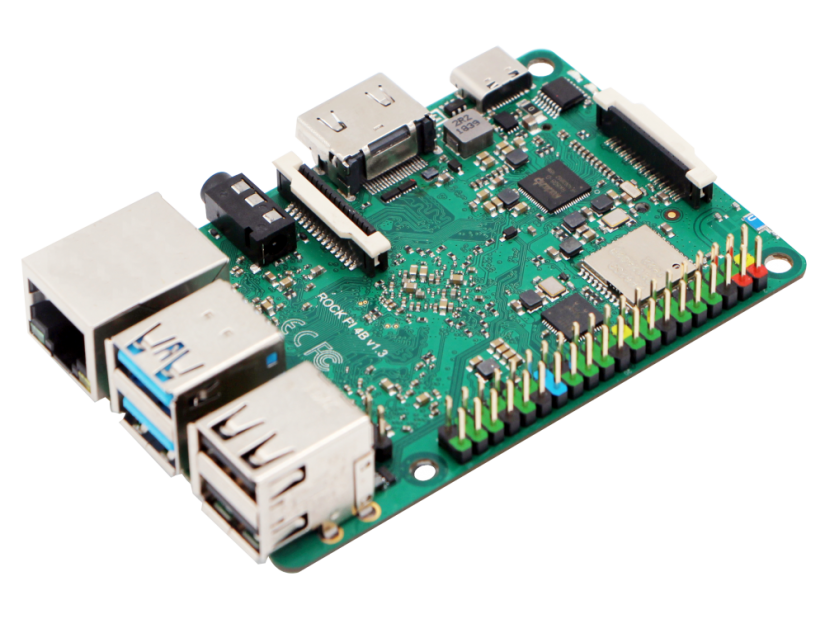
Connectivity is great and makes the Rock Pi 4 a solid choice for makers and Internet of Things (IoT) enthusiasts. Onboard, the Rock Pi 4 packs a 40-pin GPIO (general purpose input/output) header for connectivity with various devices such as LEDs, sensors, and switches. A Gigabit LAN port allows for Internet connections, and there's dual-band 2.4GHz plus 5GHz Wi-Fi along with Bluetooth 5.0 built-in. There are four USB ports, of which one is USB 3.0 and another USB 3.o OTG with 5Gbps/s capabilities. A MIPI DSI allows for hooking up standard displays such as LCD screens or touchscreen devices. The Rock Pi 4C variant added a dual-lane mini DisplayPort for a multi-display output.
What's more, the Rock Pi 4 boasts impressive artificial intelligence functionality. Its mainstream AI stack with GPU acceleration makes it one of the best SBCs for artificial intelligence applications on the market. A dedicated hardware NPU (neural processing unit) comes standard for machine learning.
Rock Pi 4C Specs
- Rockchip RK3399 64-bit hexa-core dual Cortex-A72 @ 1.8GHz and quad Cortex-A53 processor @1.4GHz processor
- Mali T860MP4 GPU with OpenGL ES 1.1 /2.0 /3.0 /3.1 /3.2, Vulkan 1.0, Open CL 1.1 1.2, DX11 support
- 4GB LPDDR4 RAM, 64-bit dual-channel RAM
- microSD card slot
- eMMC module (optional, up to 128GB available)
- M.2 SSD connector for up to 2TB NVME SSD storage space
- micro-HDMI 2.0 up to 4K@60
- mini DisplayPort up to 2560x1440@60
- MIPI DSI dual-lane for dual monitor support
- 3.5mm audio jack
- MIPI CSI dual-lane camera suppor6t
- 802.11ac Wi-Fi
- Bluetooth 5.0
- Gigabit LAN Ethernet
- 4 x USB (1 x USB 3.0 OTG, 1 x USB 3.0, 2 x USB 2.0)
- 40-pin GPIO header
- PoE (power over Ethernet) HAT compatible
- RTC (real-time-clock) battery connector
- Size: 85mmx54mm
Rock Pi 4 Model C price: $60-100 USD
Buy the Rock Pi 4 Model C from AllNetChina
Buy the Rock Pi 4 Model C from AliExpress
Rock Pi 4 OS Compatibility - What OSes Run on the Rock Pi 4 Model C?
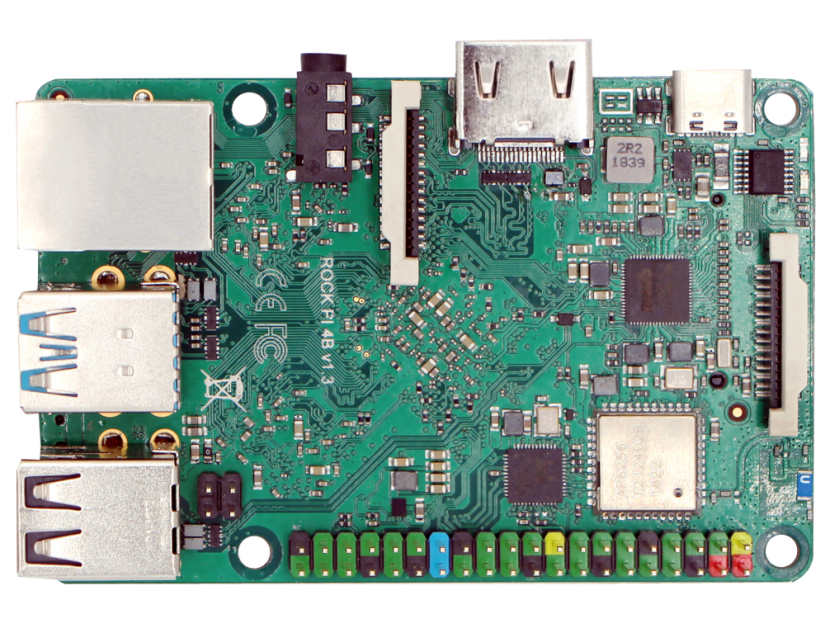
While hardware is important, a single-board computer is only as capable as its software. Many would-be Raspberry Pi killers have suffered from poor software and operating system support. Thankfully, the Rock Pi 4 Model C features an array of different OSes to pick from. There are official Rock Pi 4 images for Android, Android TV, Ubuntu Server, and Debian 9. There's even a Debian 9 dual display image specifically for the Rock Pi 4 C.
Moreover, tons of third-party images are available. The likes of DietPi, Armbian, and Manjaro run just fine on the Rock Pi 4 Model C. Recalbox allows for retro gaming emulation on the Rock Pi 4, while LibreELEC installs on the Rock Pi 4C for a Kodi-based home theatre PC. And FreeBSD or Slackware are available, as well as a community image based on an Android TV 9.0 Pie firmware. As such, you have plenty of options, from running a home media server to spinning up a Linux desktop, creating an Android TV box, dedicated HTPC, retro gaming emulation arcade, and even advanced maker projects such as building robotics as well as utilizing AI frameworks for machine learning or object recognition.
Rock Pi 4 Model C Performance
Benchmarks prove the Rock Pi 4 Model C's competence. In GeekBench single-core benchmarks, the Rock Pi 4 clocked in 1347. Compare that to the 900-1200 single-core GeekBench score of the Raspberry Pi 4. For a multi-core GeekBench score, the Rock Pi clocked a whopping 3024, well above the Pi 4's mid to upper 2000s. Similarly, in its GPU performance benchmarks, the Rock Pi 4's beefy T820MP4 GPU achieved a 58 score in full-screen GLMark2-es tests, which struggle to run on the Pi 4, and an off-screen result of 237 compared to the Raspberry Pi 4's 79-ish off-screen GLMark2-es results. In its I/O performance testing, the Rock Pi 4 maintained impressive read/write speeds. With microSD, this came out to an even 50MB/s. On eMMC, the Rock Pi 4C hit a 263MB/s read and 139MB/s write speed. On USB 3.0, that shot up to 340MB/s read/330MB/s write. And on PCIe, it was a blistering fast 1233.6MB/s read, 997.5MB/s write speed. Particularly for a board of this size and priced under $100 USD, that's a mighty good set of benchmarks.
What can You do with the Rock Pi 4C - Rock Pi 4 Model C Projects
Because of its tiny, credit card-sized form factor, excellent I/O, and smorgasbord of different operating systems, the Rock Pi 4 Model C is perfect for any number of projects. Because there are many different Linux distributions (distros) available for the Rock Pi 4C, you can create a basic Linux PC or home server. A dedicated NAS (network-attached storage) kit is available for the Rock Pi 4 and, when coupled with an NVME SSD, should provide a spectacular file or media server experience. You could use the Rock Pi 4 Model C for an emulation device for retro gaming. With its 4K@60 support and LibreELEC Kodi compatibility, you could use the Rock Pi as an HTPC. With Android support, you can whip up an Android TV box or even an Android tablet by adding a touchscreen to the Rock Pi 4.
But its GPIO, various connectivity options such as MIPI DSI and CSI, plus NPU onboard make the Rock Pi 4C a nifty solution for at-home AI making. You can build an artificial intelligence project such as an object recognition device. And as a SBC for robotics, the Rock Pi 4 is an awesome choice. You could even add AI functionality to a robotics build for a do-it-yourself autonomous vehicle with an onboard obstacle avoidance system. The possibilities are nearly endless.
Should You Buy the Rock Pi 4 Model C - Final Thoughts
Now, for the final verdict: should you buy the Rock Pi 4C? I've used the similarly-specced RockPro64 which ranks among my favorite maker boards. Like the RockPro64, the Rock Pi 4C boasts a Rockchip RK3399 dual ARM-Cortex A72 and quad ARM-Cortex A53 processor that's mated to a Mali T860 GPU. 4GB of LPDDR4 RAM provides ample room for multi-tasking, plus there's an onboard eMMC module for up to 128GB of storage space.
Where the Rock Pi 4 Model C excels is its artificial intelligence and robotics support. Sporting an NPU and AI stack replete with GPU acceleration, it's an impressive board that's more than suited for a basic Linux PC or server, Android TV box, DIY Android tablet, robotics tinkering, or AI creating at home. From budding makers to IoT and artificial intelligence enthusiasts, the Rock Pi 4C should satisfy a wide range of makers. With performance comparable to the RockPro64, and a particular onus on AI, robotics, and IoT applications, the Rock Pi 4C is a solid pick up. The only potential downside is that support isn't as robust as you'll find with the Raspberry Pi, or even RasPi alternatives from the likes of ASUS, Odroid, Nvidia, and Pine64. As such, you won't find a ton of first-party resources or dedicated forums. Nevertheless, its Rockchip RK3399 has seen decent support from third-party communities with general builds available of Armbian, Manjaro, Recalbox, and a variety of other OSes. Beginners should enjoy the Rock Pi 4C, but I'd recommend the Pi 4 Model C mostly for more advanced users since its community isn't as large and, therefore, any troubleshooting will leave you largely on your own. Still, Rock Pi Radxa forums are pretty thriving, a must-use resource for any Rock Pi 4C owners.
Your turn: would you recommend using the Rock Pi 4C? What are your favorite SBCs?







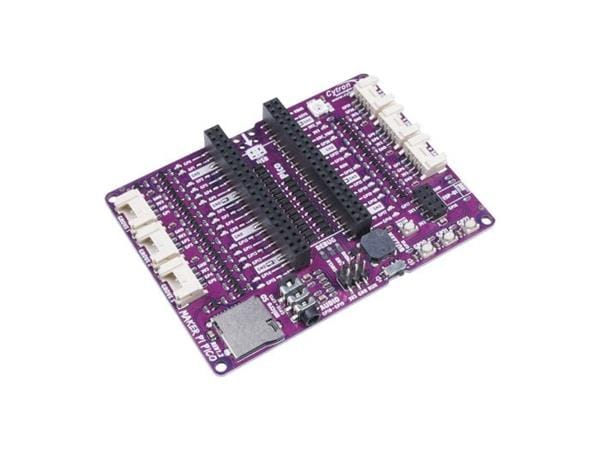
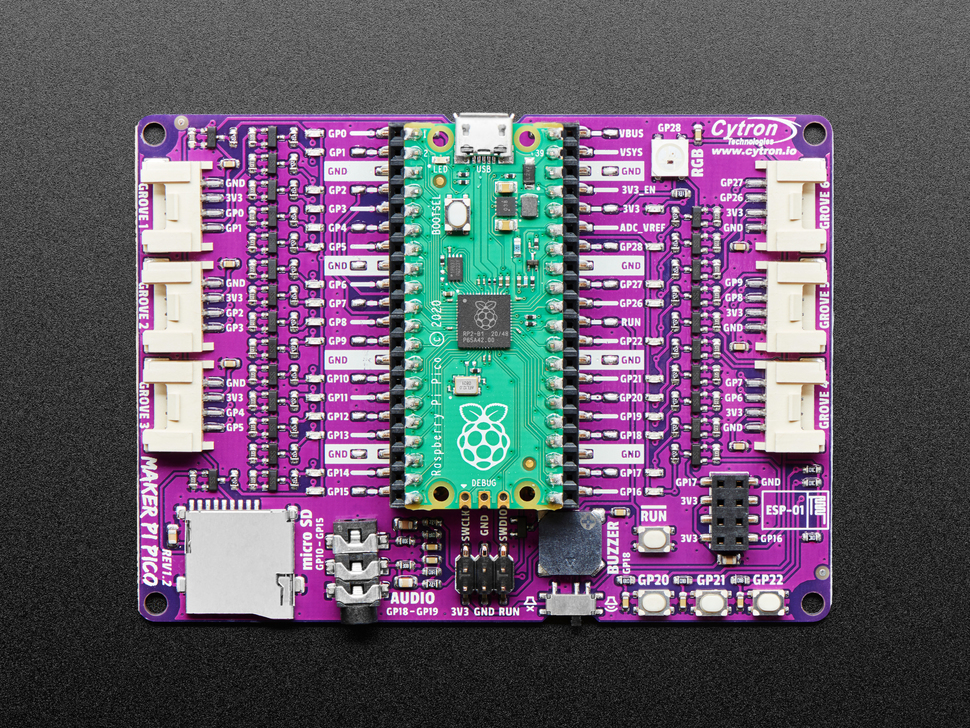
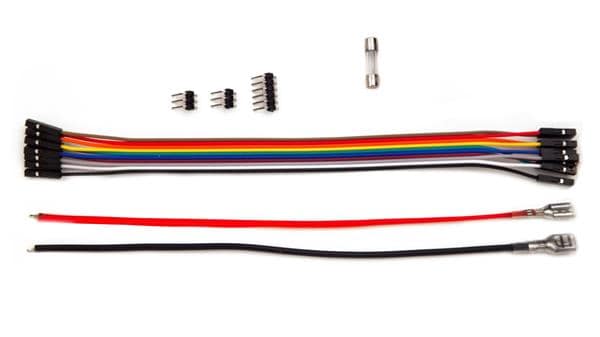

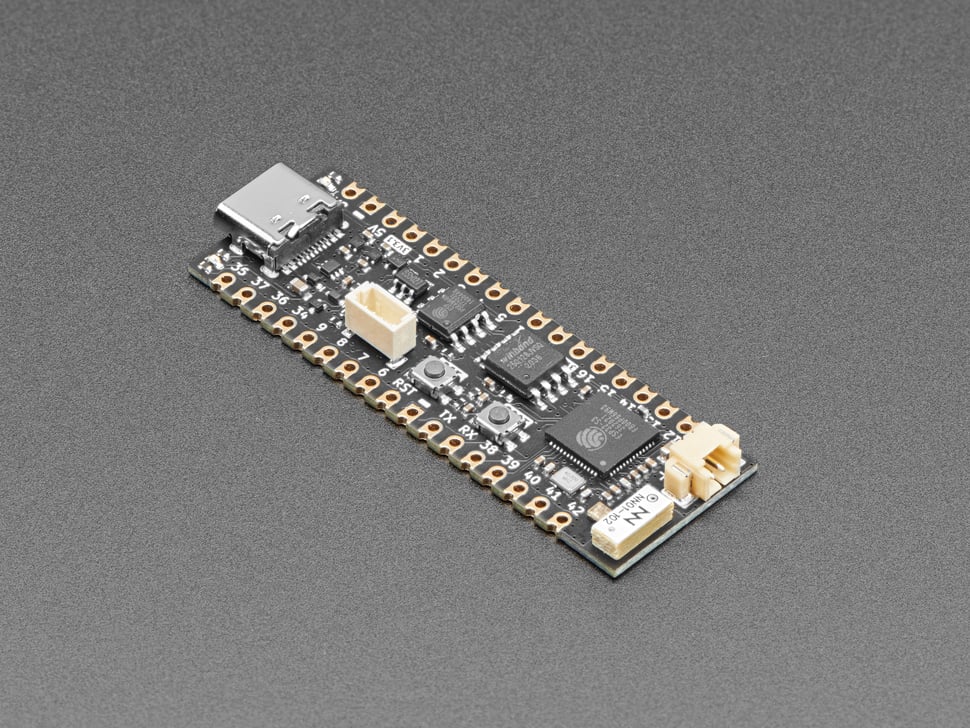
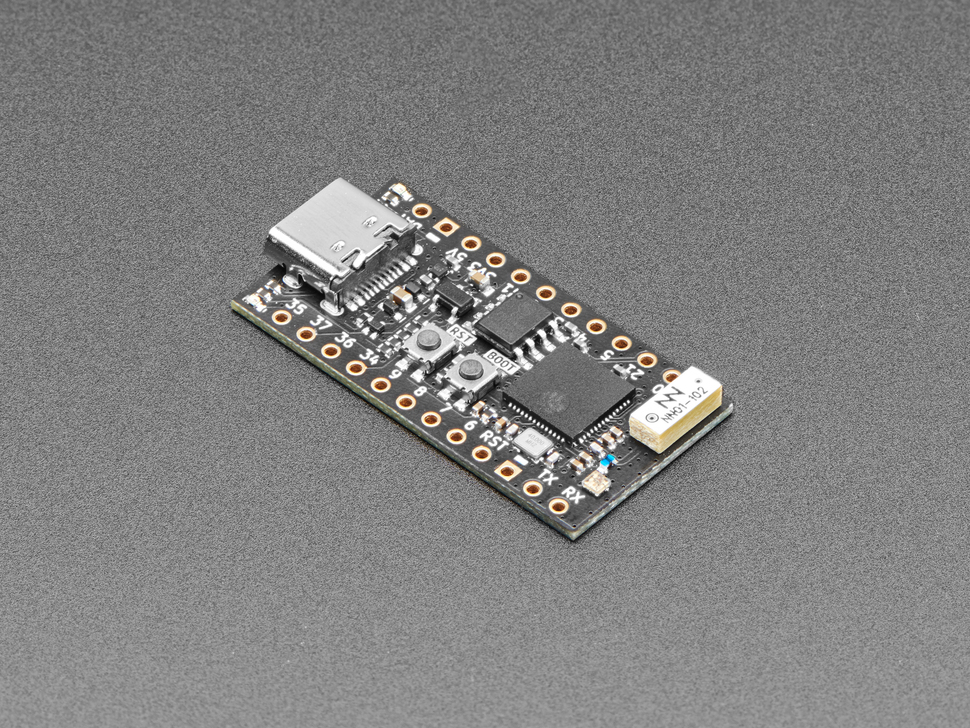
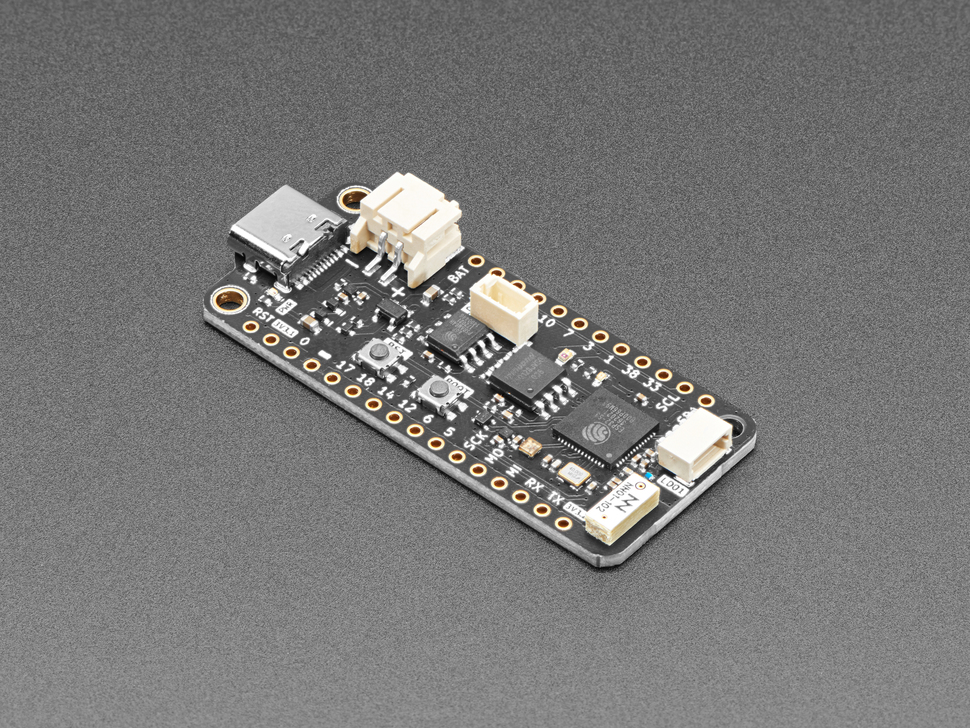
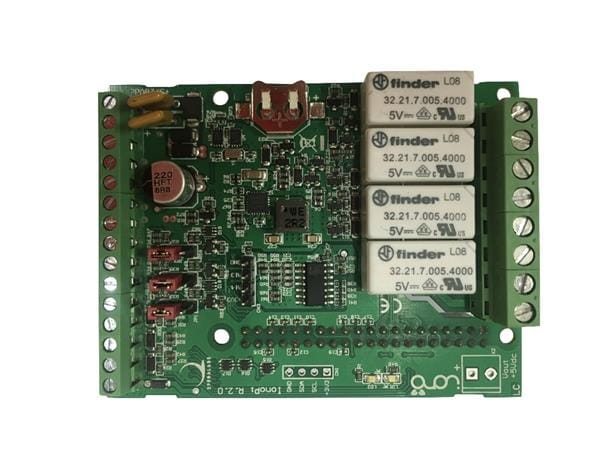
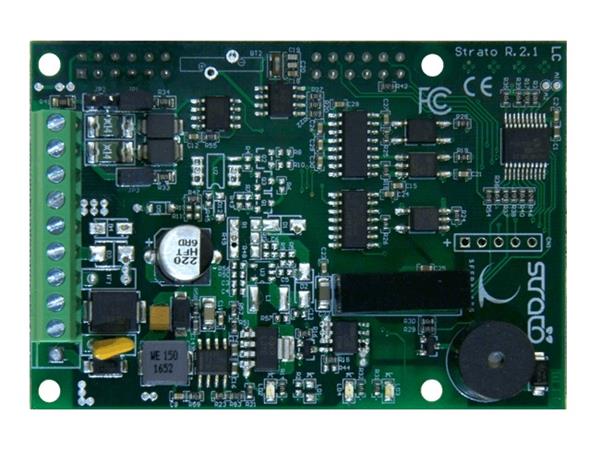
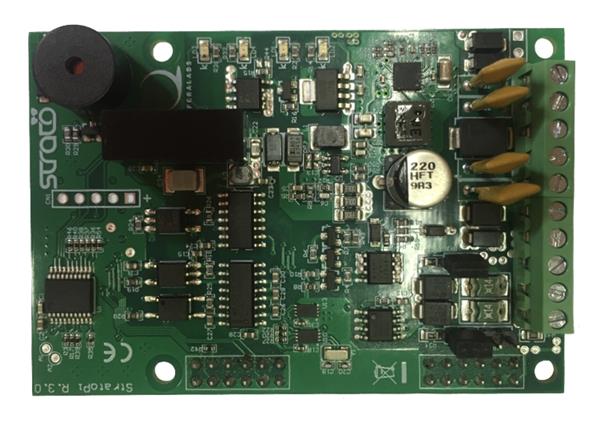

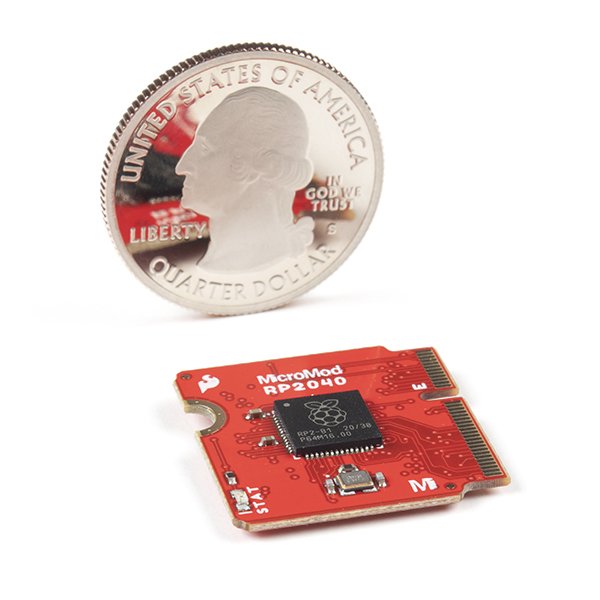
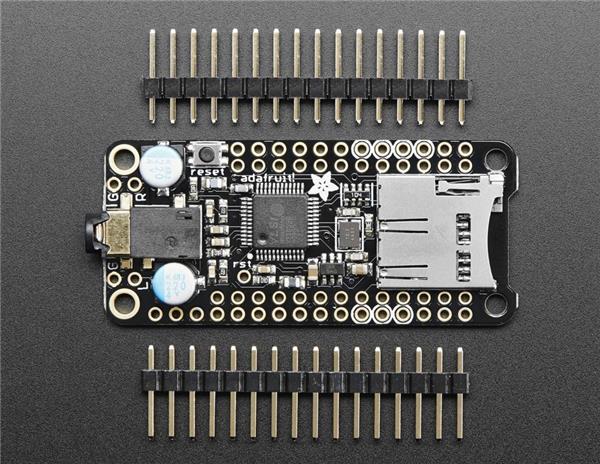

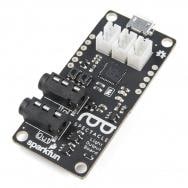
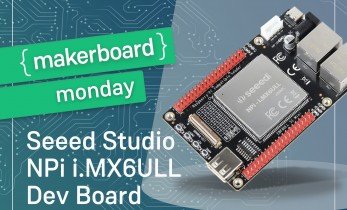
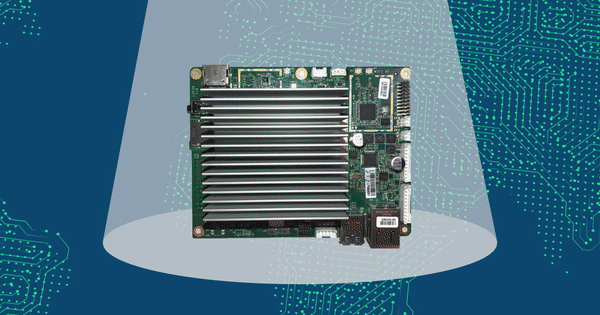

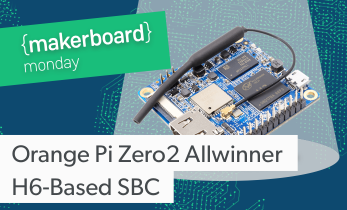

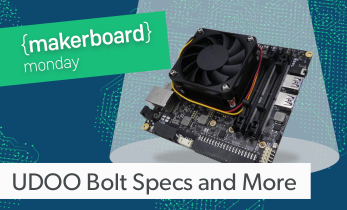
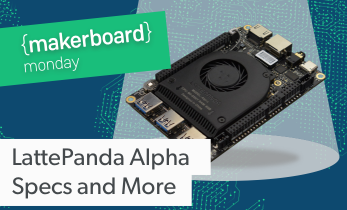
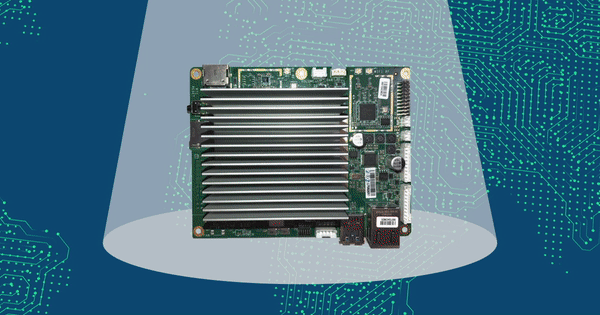
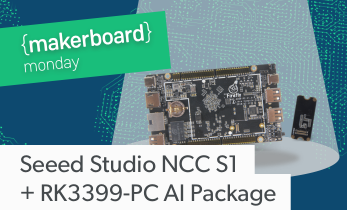
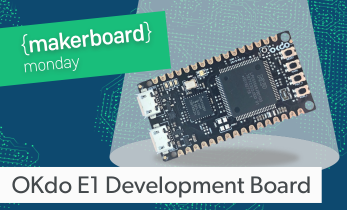
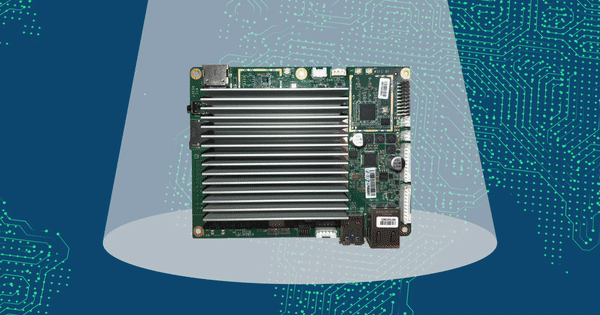
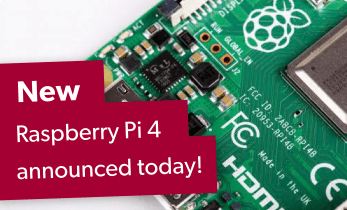
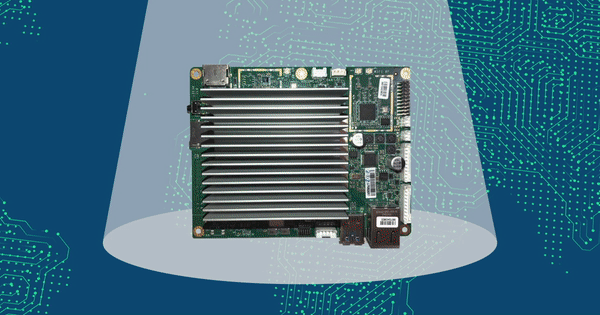
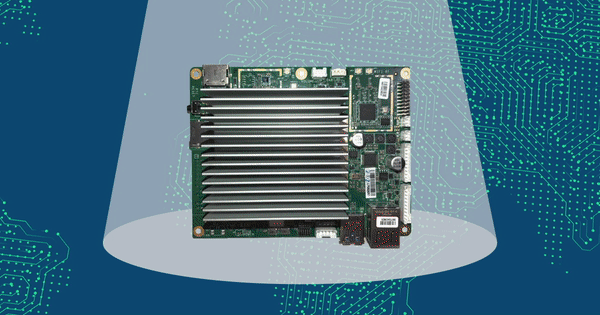
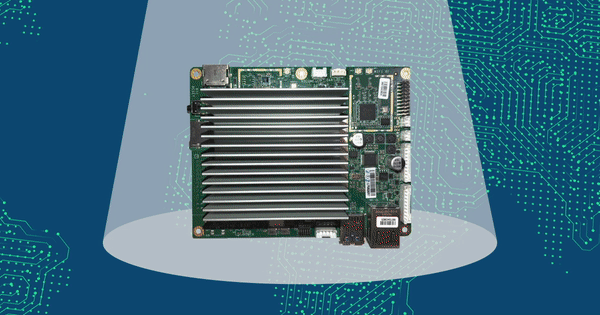

Leave your feedback...